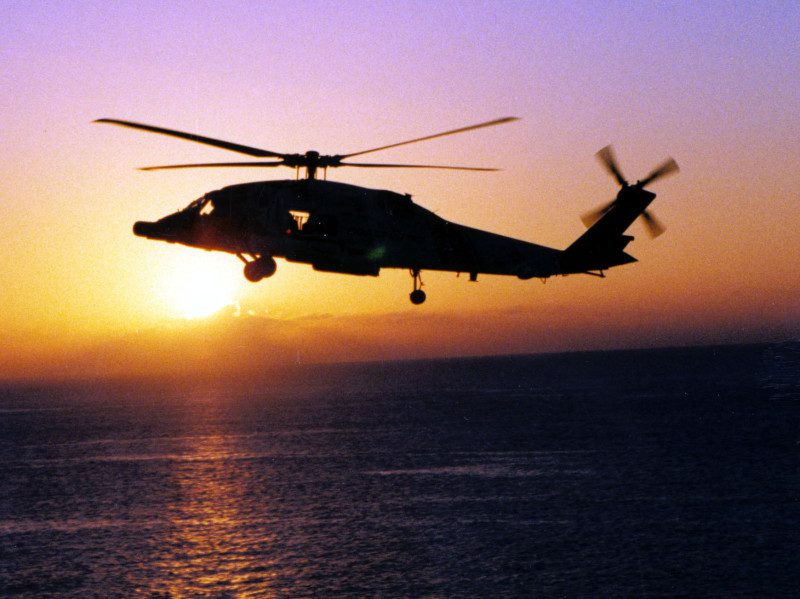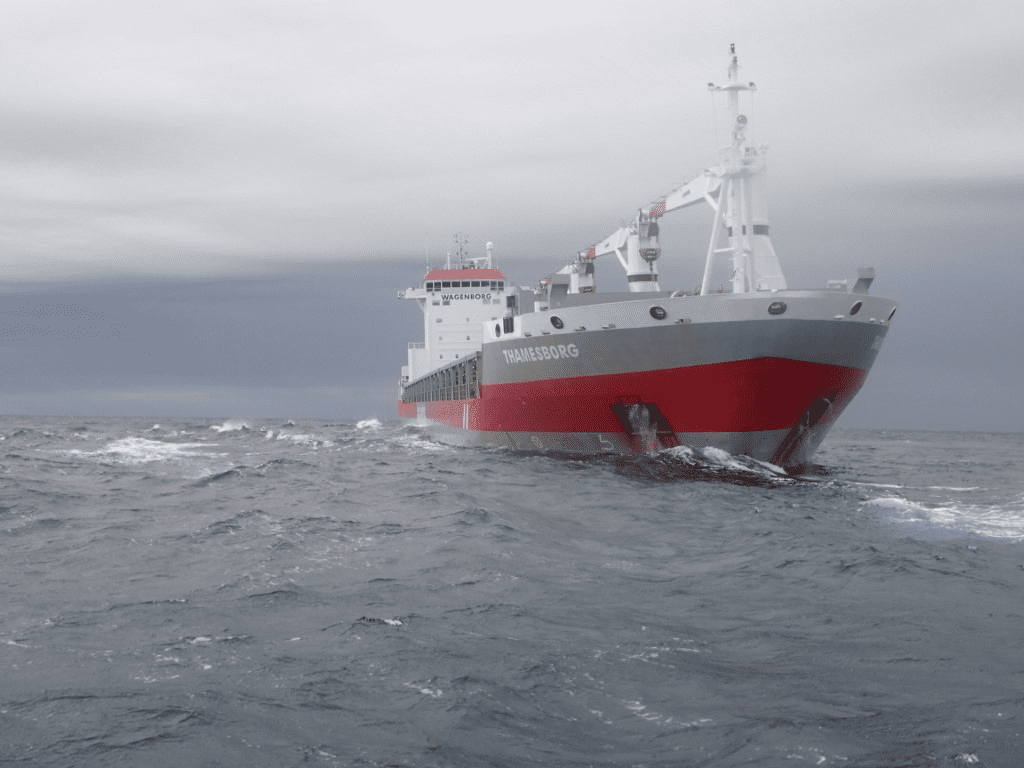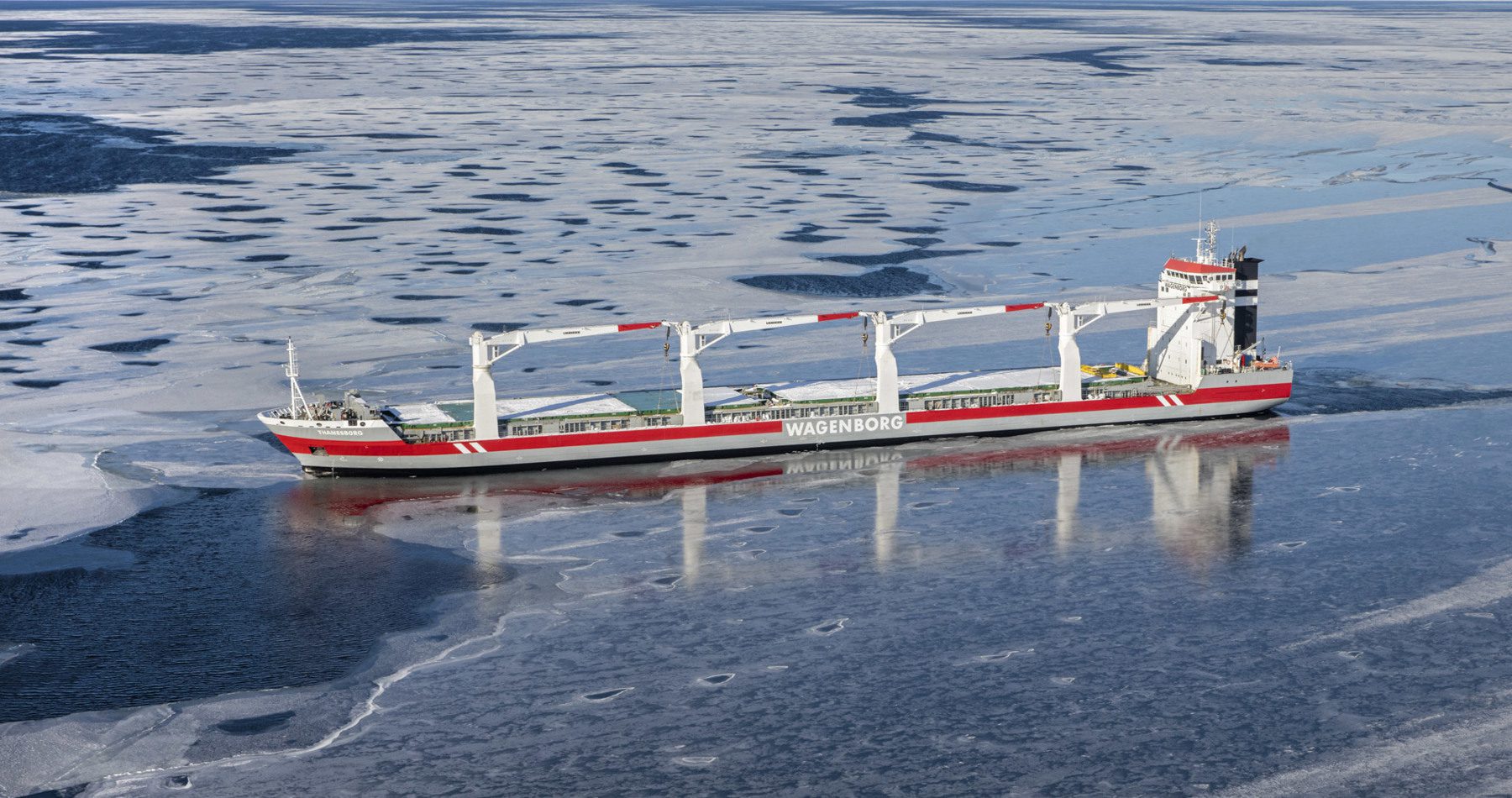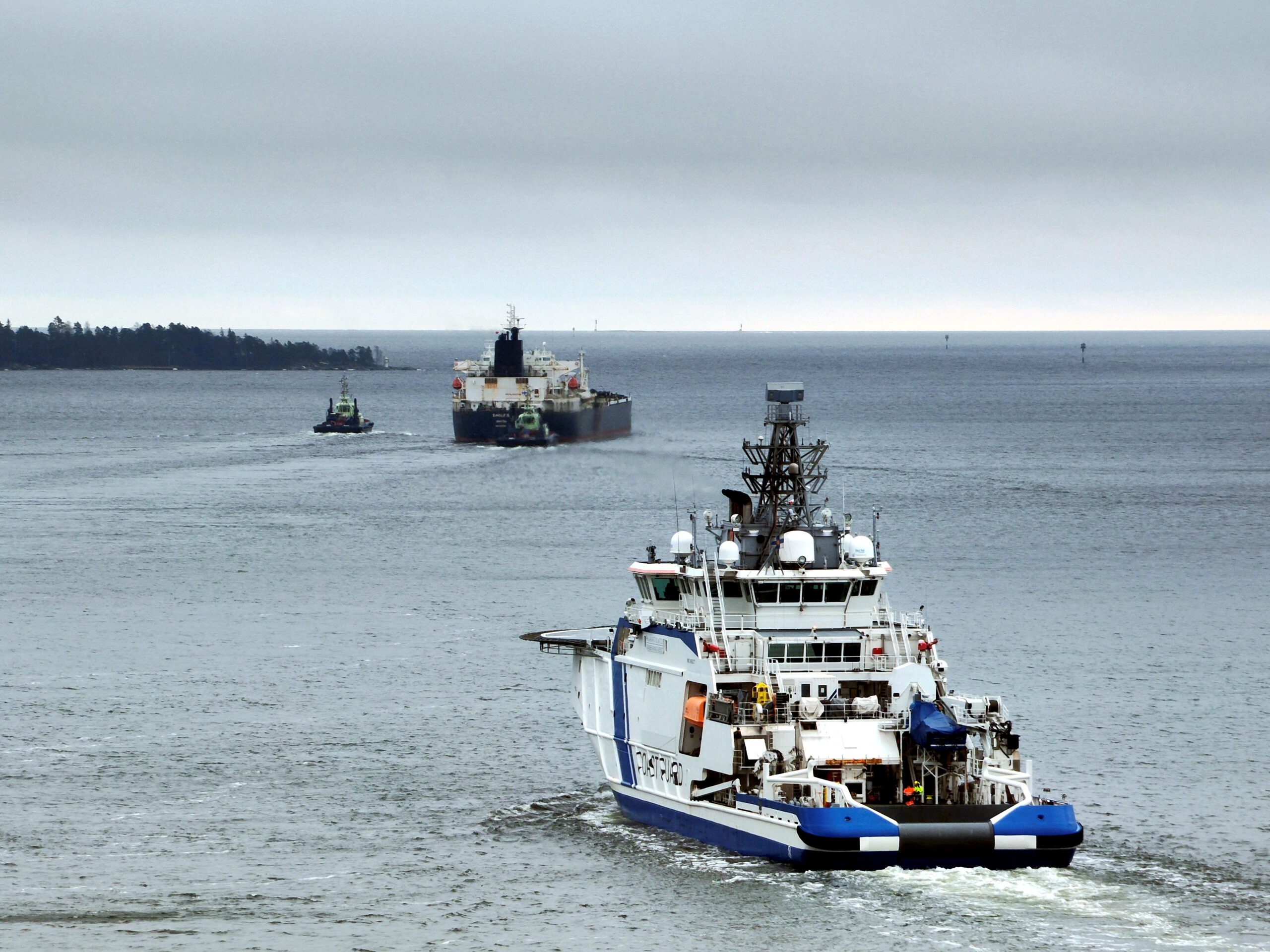On Wednesday night, the final rescue crews on the El Faro mission called in, “We are returning to base – negative results,” and left the search area. The hearts of family and friends finished a breaking that began a week ago, and all they are left with now are questions. As unspeakably tragic as the last week has been, I know that more heartbreak is coming.
The NTSB and the Coast Guard are already investigating. They will spend months on it – a year probably – and produce long reports. For those closest to the lost, the wait for answers will be the second worst wait of their lives. As promises are made to find out what happened and how, I know already what most honest professional mariners do: we won’t learn anything. There will be no solace in the reports. We’ve made these mistakes before. We already know what sank El Faro.
Failure to Fairly Estimate the Encountered Peril
Though the investigation will uncover some details about what was said by whom and to whom, and about the vessel’s condition, the reason El Faro sank isn’t in those details. Those details are incidental. They can only confirm the (unintentional I am sure) failure of those involved to adequately and appropriately assess the risk associated with hurricanes.
Otherwise good people, with all the information they needed to make a good decision, made a bad one.
A couple of days ago, representatives from the ship’s owner/operators asserted that there was a sound plan to avoid the storm. Therein is all the evidence anyone needs to know what sank El Faro – the illusion of control. This is another in a long line of maritime tragedies that began with the decision to sail at all. Once at sea, the commitment to that bad decision dug in, despite the evidence that it was an even worse idea to continue. Turning around would mean admitting they were wrong to leave in the first place. Few ever do.
That the decision makers for El Faro thought they could “plan” for a named tropical storm in the Caribbean is what sank the ship. What we knew about the storm at the time of El Faro’s departure from Jacksonville is what we already knew about tropical storms in the Caribbean – that it was going to strengthen into a hurricane, and that its predicted track was somewhere between “over there somewhere” and “we have no earthly idea.” You can’t plan to avoid that, you can only avoid it or not. They chose not to.
Perhaps if they had decided to route straight down the coast to Miami, El Faro and her crew would have kept their distance and had what they lost by heading straight for the storm: options. And though the investigation may or may not reveal that finances were part of the decision to sail, we will not learn anything that will change what we already know about risk and hurricanes. Closer is bad. Don’t ever get closer.
The Loss of Power
Phil Greene of Tote Maritime made the further assertion that the ship losing power is what ultimately led to the tragedy. This was more evidence of a culture of flawed risk management at Tote. Ships lose power all the time; they don’t sink because of it. Losing power is a possibility that ship owners and operators are supposed to have a written plan for. In fact, it’s the law.
El Faro was a U.S. Flag Ship of over 500 gross tons on an international voyage and therefore required to follow the ISM (International Safety Management) code. They were required to have a Safety Management System (SMS). They did. The investigation will reveal that Tote’s safety management system includes the plans and procedures to be carried out in the event of a loss of propulsion. Losing power is supposed to be inconvenient, not a death sentence.
The loss of power did not sink El Faro and lead to the tragic death of all aboard. El Faro sank and everyone lost their lives because the ship lost power while sitting next to a Category 4 hurricane. Though a ship can sink in any sea state, orderly abandonment and speedy rescue are possible in good weather. Those things were not possible in the middle of Hurricane Joaquin.
All the other questions about open versus closed lifeboats, EPIRBs, vessel age and maintenance – they are all secondary questions that are continually debated in maritime. There are no answers to be found there, either. Here is why.
The EPIRB
That the EPIRB (the electronic beacon that signals for help) was not set off manually is an indication of just how fast things went bad following the loss of power. That it didn’t go off following the sinking isn’t surprising. They are designed to “float free” from sinking vessels. That implies a nice, level descent on an even keel. Ships don’t usually sink that way. They capsize or heel over or go down by the head or more often stern. An EPIRB trapped against an inverted deck does not signal a satellite.
It’s also important to remember that an EPIRB tells the Coast Guard where the EPIRB is, not the crew. It won’t keep you afloat, it won’t keep you warm. It wont calm winds or seas. El Faro didn’t sink because of an EPIRB.
Open vs. Closed Lifeboats
The lifeboats – the entire ship for that matter – could have been built two months ago and it still wouldn’t have been a good idea to move closer to a hurricane. Lowering lifeboats is not easy on a good day. In sustained winds of 140 MPH and 50 foot seas, it may be more hazardous than jumping overboard.
When you consider that lowering a lifeboat means standing next to a 7,000 lb object that is hanging from cables… let’s just say it isn’t like the drills. Once in a hurricane, no technology can make it not a hurricane. We’re not going to learn anything. The type of lifeboat matters most of the time, but in this case, the best lifeboats in the world wouldn’t have kept El Faro from sinking.
All We Can Do Is Remember
I think there is a second heartbreak coming for everyone involved, especially if there is hope that the investigation will lead to meaningful change. It won’t. We aren’t going to learn anything that will help us avoid this tragedy in the future. Nothing we find out will make us safer from our ability to think we know better.
We don’t need to wait a year for the reports. We know enough already. All we need to do now is remember; we can remember what we’ve already learned and stop thinking that our positive experience at sea matters.
Don’t hope for answers in the reports. The tragedies of the past – and this new one – are sufficient teachers. A hurricane will never care about your plans.

 Join The Club
Join The Club











